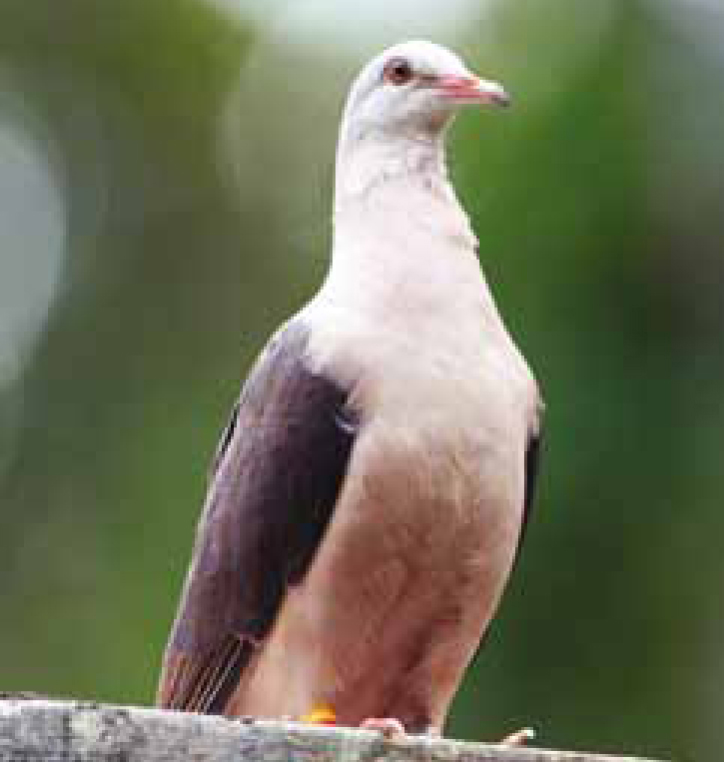With no wildlife veterinary expertise available on the islands in the Seychelles, WVI is mapping out a programme to deliver veterinary training and support within the Indian Ocean Biodiversity Hotspot, one of the richest biodiversities in the world.
WVI co-founder avian vet Andrew Greenwood visited in November 2014 to assess the situation, progress plans and launch a fundraising campaign.
In the Seychelles he met David Rowat, Chairman of the Marine Conservation Society, Seychelles. Together with the Banyan Tree Resort Seychelles, they have launched the island's first turtle and terrapin rehabilitation and breeding centre. As the turtle and terrapin breeding season is well under way, WVI has provided diet advice for endangered mud turtle hatchlings rescued from a road.
On Cousin Island Mr Greenwood saw a healthy population of Seychelles magpie robins, brought back from the brink of extinction. A surviving single island population of just 12 birds on one island now numbers 280 across five islands.
But on nearby Aride Island, young magpie robins are not surviving to adulthood and some have succumbed to an unknown but fatal eye disease. Without access to specialist avian veterinary advice and pathology to identify causes, this hard won population is falling back.

Dr Nirmal Shah, Chief Executive of Nature Seychelles and recently elected Chair of the new National Environmental Advisory Council, praised the restoration of some species but had words of warning:
‘We have achieved conservation miracles, but there is always the danger of slipping back and without wildlife veterinary expertise on these islands we could be facing disaster.’
In Mauritius, bronze statues on the island reserve of Ile Aux Aigrettes provide stark reminders of species already lost, including the Dodo, double billed parrot, Mauritius blue pigeon and the giant skink.
Determined to stop future extinctions, the Mauritian Wildlife Foundation (MWF) has plans to create new populations of echo parakeet, pink pigeon and Mauritius kestrel. Deep in the Black River Gorges National Park a few hundred echo parakeets and pink pigeons fly free. They are a tribute to years of hard work by MWF and the Mauritian government, hatching eggs and rearing young birds from nests of just five known breeding pairs of parakeets and a mere handful of pink pigeons.
The introduction of Aldabra giant tortoises, originally from the Seychelles, following extinction of their counterpart in Mauritius, provides natural grazing pressure and seed dispersal for restored island habitats.
Despite such worthy successes, MWF's Conservation Director, Vikash Tatayah, added his own plea for WVI support: ‘We have had some major successes but as recently as 1975 Mauritius lost yet another species, the burrowing boa of Round Island.
‘To be able to save these creatures we have needed the best veterinary advice we could get on both disease and population management. We need to see this collaboration continued as we shall need to support these creatures for many years to come, if not forever.’
Andrew Greenwood, who has advised MWF for 20 years, is adamant that WVI will continue to play a vital part in the fight to save what's left of such globally-significant biodiversity.
He said: ‘None of these species are found anywhere else. Most have been reduced to a single population on one island, rendering them extremely vulnerable to extinction from disease.
‘That's why establishing new populations is so important. To do that successfully, disease screening is needed to ensure healthy new populations, together with health monitoring and access to expert pathology to identify causes of death.’
For more information please see www.wildlifevet-sinternational.org

